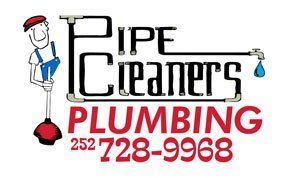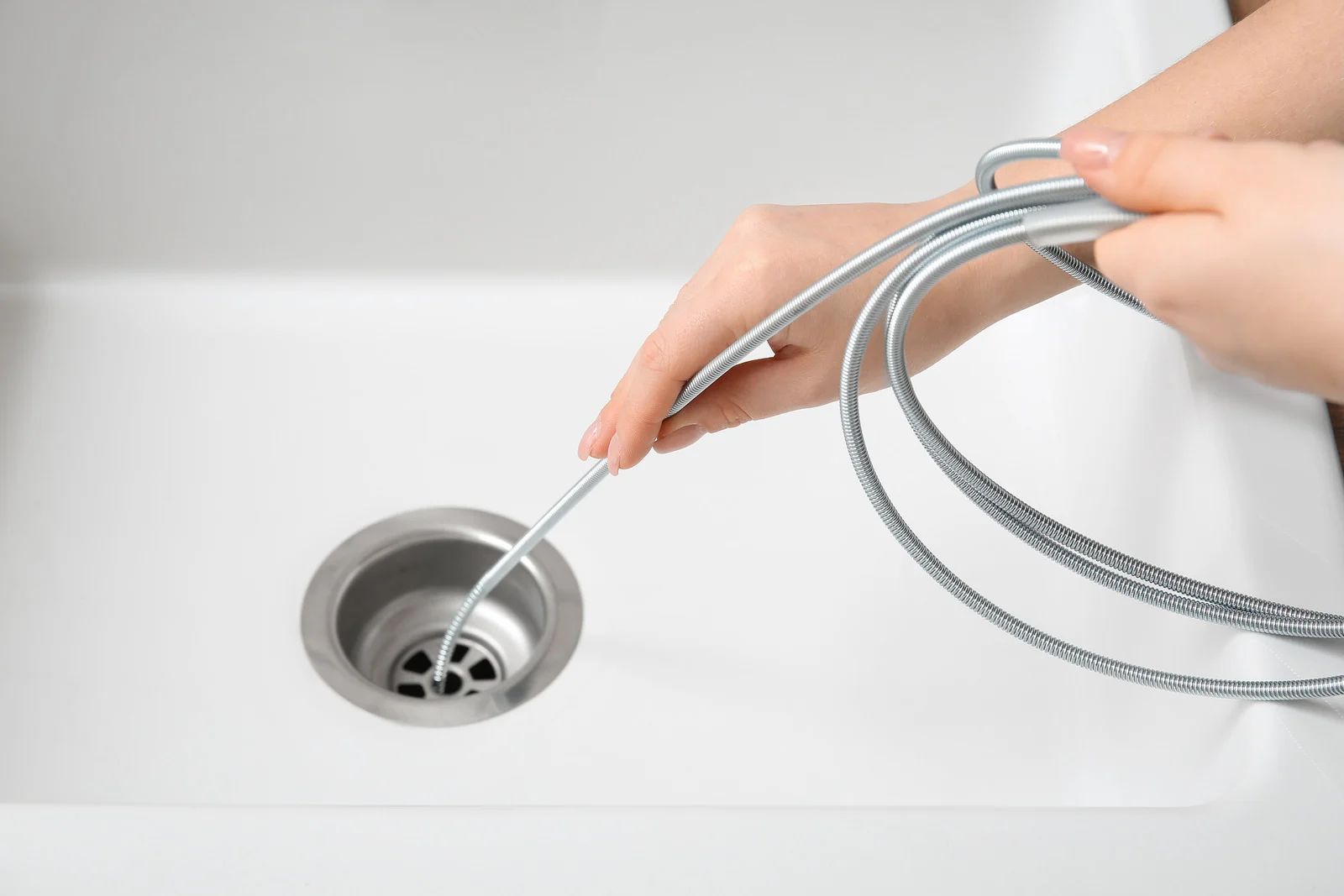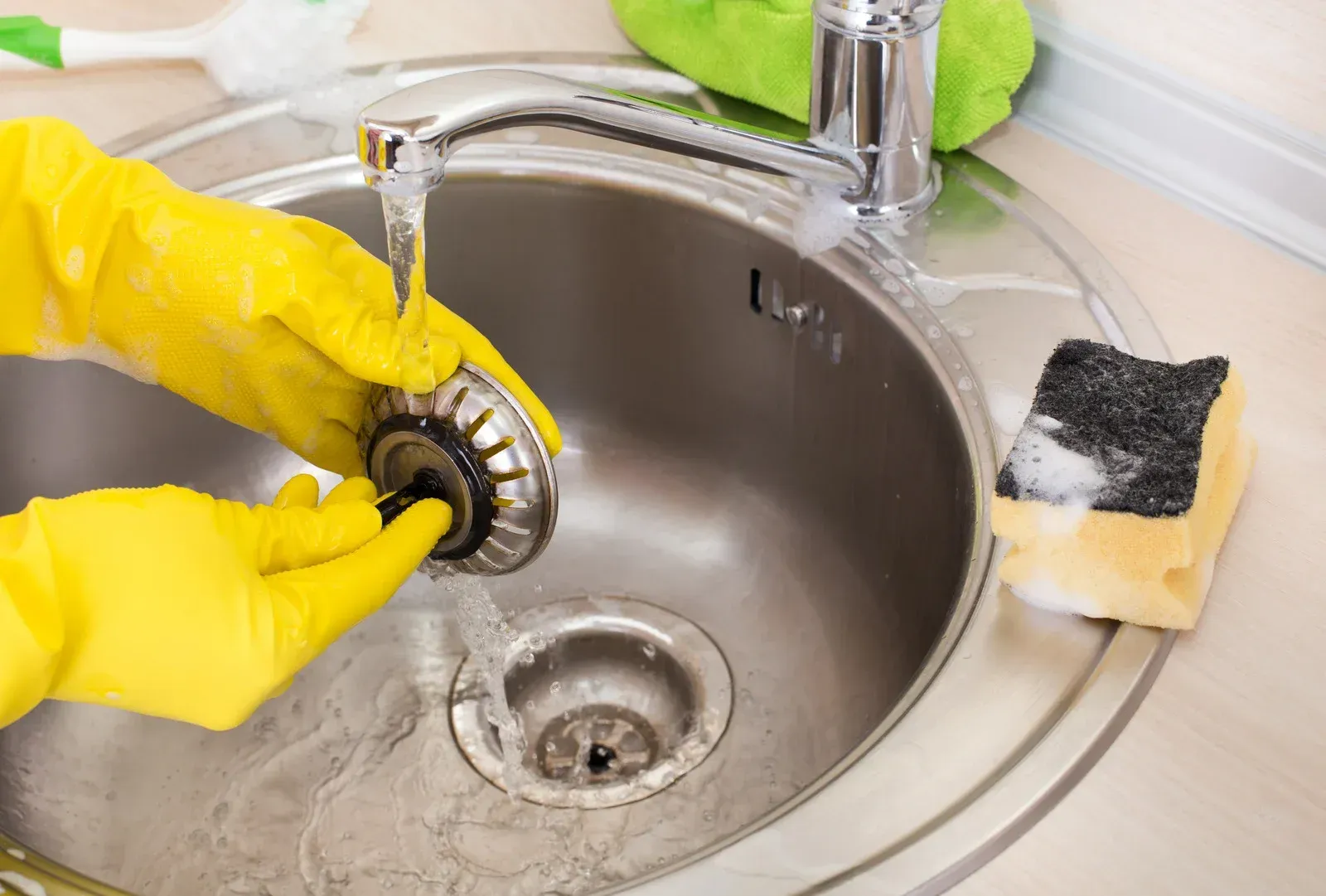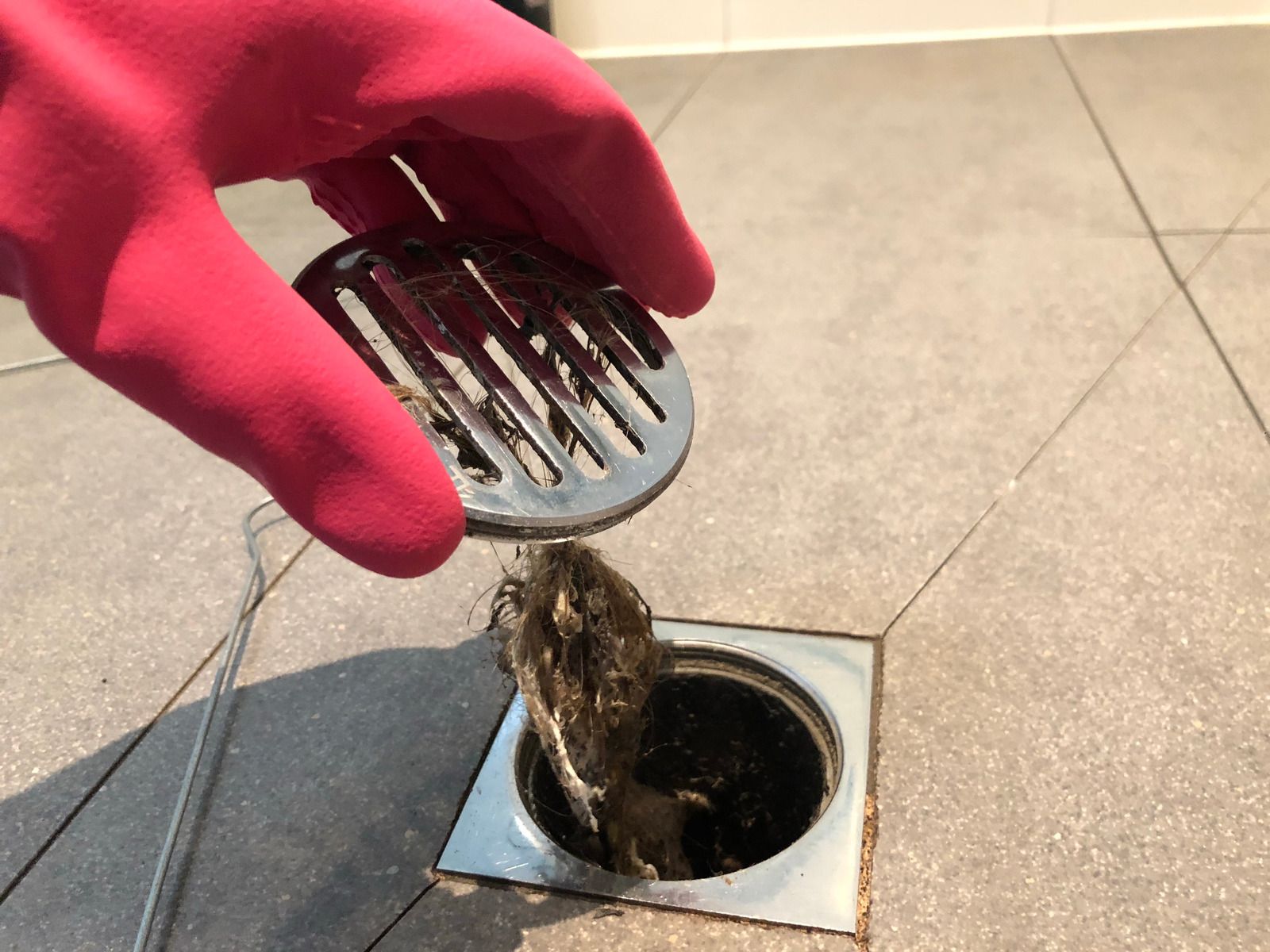How to Plan a Bathroom Remodel for Better Plumbing Efficiency?
A bathroom remodel isn’t just about style and aesthetics—it’s also an opportunity to improve functionality, reduce water waste, and optimize plumbing efficiency. Proper planning ensures that your bathroom looks modern and elegant while functioning seamlessly for years. Homeowners in 2025 are focusing on layouts, fixture choices, and piping strategies that save water, reduce energy costs, and minimize maintenance, making plumbing efficiency a top priority in any remodel.
Whether you are undertaking a full renovation or simply updating select fixtures, prioritizing plumbing efficiency can significantly impact your long-term comfort and household expenses. Here’s a step-by-step guide to planning a remodel that maximizes your bathroom’s performance and sustainability.
Assess Your Current Plumbing System
Before making any design changes, it’s essential to evaluate your existing plumbing system. Check for leaks, water pressure inconsistencies, and outdated or corroded pipes. Identifying weak points early allows you to address problems before they become expensive repairs. A professional inspection can also reveal whether your current piping layout can support new fixtures or if adjustments are necessary. Understanding your system’s strengths and limitations is the first step toward a more efficient remodel.
Choose Water-Efficient Fixtures
Modern fixtures combine comfort with sustainability. Low-flow toilets, water-saving showerheads, and aerated faucets reduce water consumption without compromising usability. Digital or thermostatic shower systems allow precise temperature control, which prevents wasted water while improving comfort. Selecting fixtures certified by ENERGY STAR or WaterSense ensures efficiency and long-term savings, while also contributing to eco-friendly bathroom design.
Plan Your Layout for Optimal Flow
An efficient bathroom starts with an intelligent layout. Grouping water-intensive fixtures—such as sinks, showers, and toilets—close to existing water lines minimizes the need for extensive pipe rerouting. Properly designed layouts reduce pressure loss, improve water flow, and allow for easier maintenance. Even small adjustments, such as relocating a vanity or repositioning a toilet, can significantly enhance overall plumbing efficiency.
Upgrade Piping Materials and Infrastructure
Old pipes can hinder water flow, reduce pressure, and increase the likelihood of leaks. Upgrading to modern materials like PEX or copper enhances durability and reliability. Proper pipe sizing, insulation, and strategic routing prevent heat loss and protect against freezing in colder months. A well-planned plumbing infrastructure supports your remodel and ensures smooth, trouble-free operation for years.
Incorporate Smart Water Technology
Smart plumbing solutions are becoming increasingly popular in modern bathroom remodels. Leak detection sensors, smart faucets, and automated shut-off valves alert homeowners to issues before they escalate. Digital water meters and programmable shower systems further improve efficiency, combining convenience with long-term cost savings. Incorporating these technologies during a remodel ensures your bathroom is both advanced and eco-friendly.
Conclusion
Planning a bathroom remodel with plumbing efficiency in mind requires thoughtful design, careful fixture selection, and modern piping solutions. By addressing layout, water-saving fixtures, and smart technologies, homeowners can create a bathroom that saves water, reduces energy costs, and functions seamlessly.
Residents of Carteret County, North Carolina, can rely on Pipe Cleaners Plumbing
for
expert bathroom remodeling, fixture installation, and plumbing efficiency solutions. From initial planning to the final installation, our team ensures your bathroom is both stylish and highly efficient, combining comfort, convenience, and long-lasting performance.



